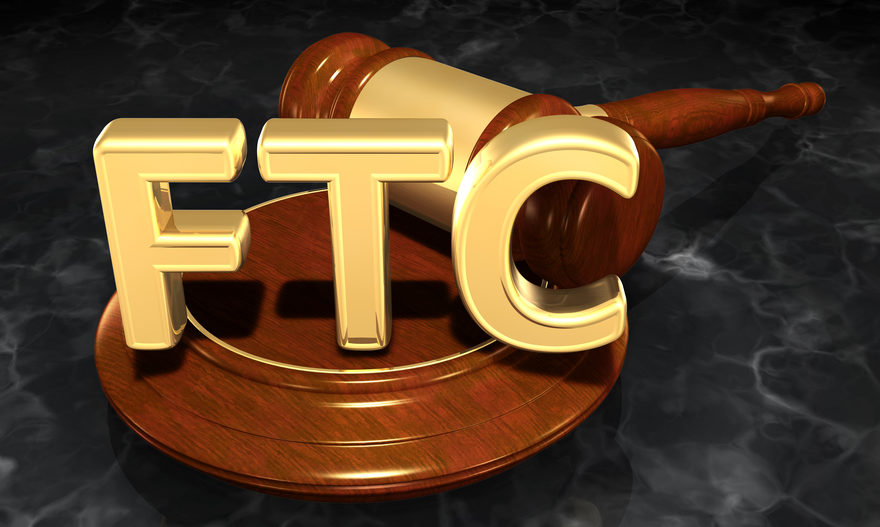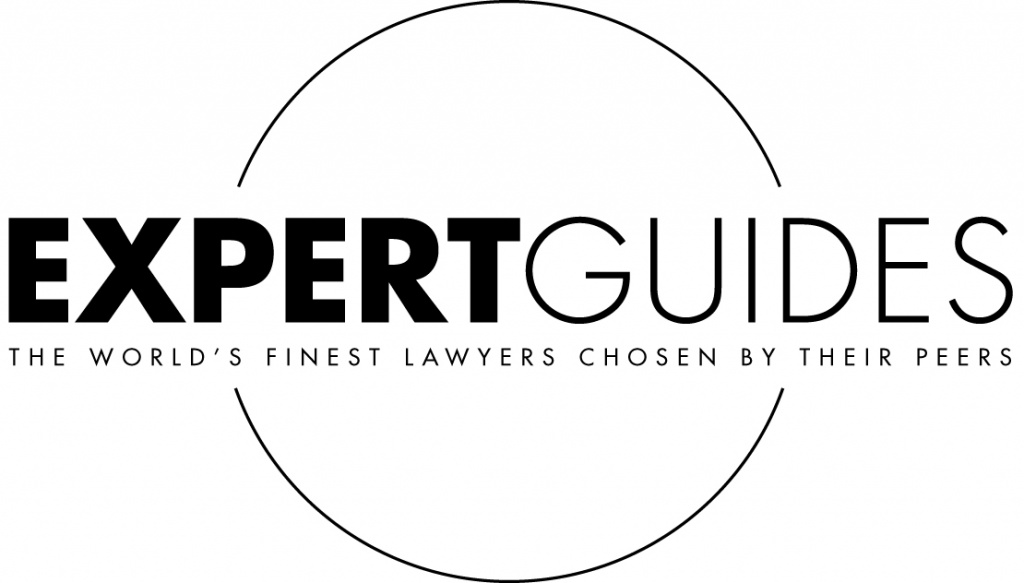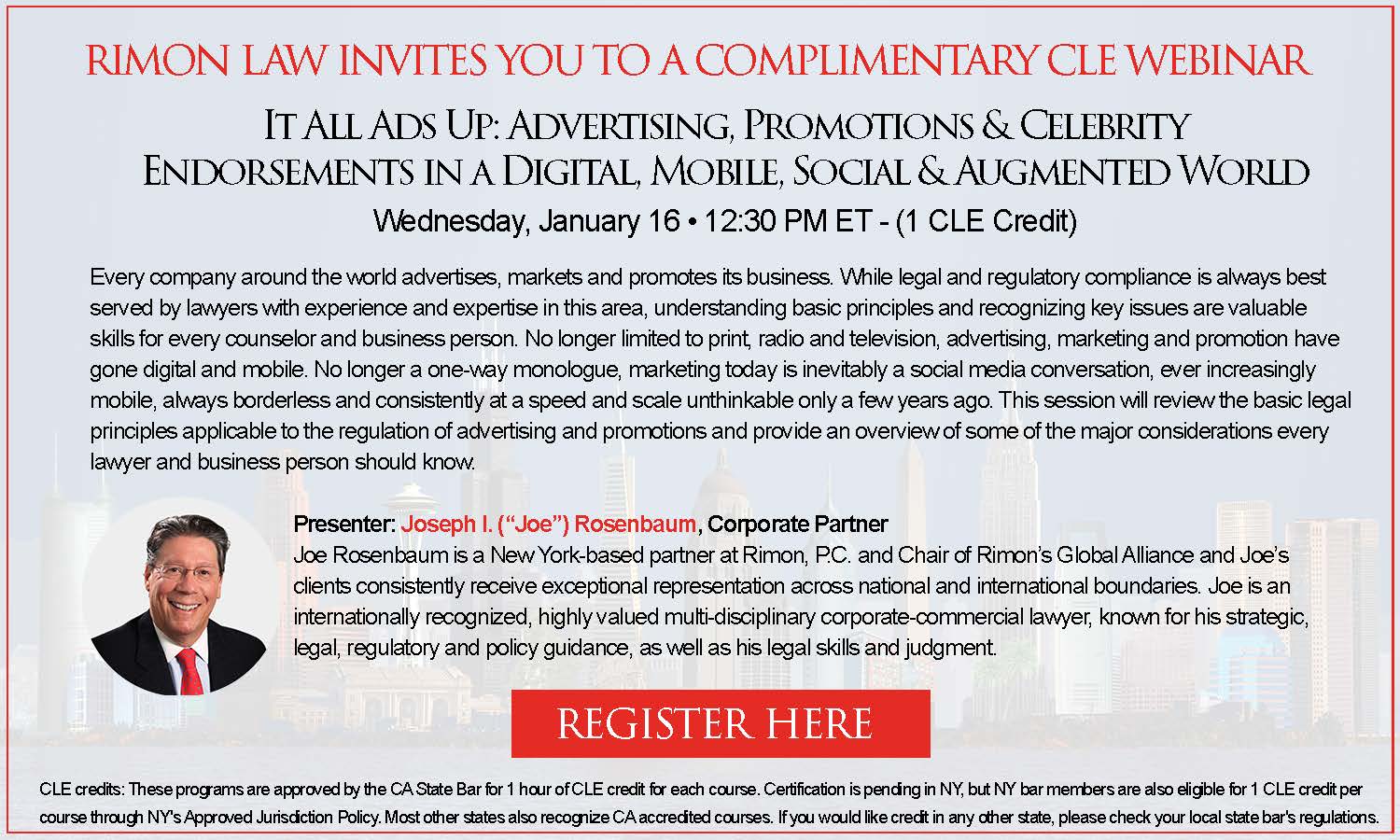– Joe Rosenbaum
Just like any other business, lawyers and law firms try to determine how best to attract clients, win more business and expand the business they already have. Lawyers engage marketing professionals, hold internal caucuses and develop volumes of pitch materials – often segmented by industry, geography, size, diversity and scores of other ‘meaningful’ criteria. One thing lawyers rarely do is ask clients: What makes you satisfied with your lawyer? What does your lawyer do that you really like? What would encourage you to give your lawyer more business or recommend your lawyer to others – internally or externally?
So in that light, I’m going to pretend I’m a consultant, not a lawyer, and share with you the 10 most important things I would use to pick, keep, cultivate and recommend a lawyer!
1. Chemistry: Clients pick and work with lawyers, not law firms. Clients want lawyers who understand their business so there is context to the legal work and the relationship. Yes, it’s important for clients to have a law firm that can provide legal support in multiple areas, in multiple jurisdictions, with enough bench strength to handle large deals or multiple deals simultaneously. BUT, ultimately a client wants to feel comfortable with the individuals and their professional relationship.
2. Trust: Clients need to be able to freely exchange information with their lawyer – especially bad news. Success is easy to share, but clients need to feel comfortable that communicating bad news, mistakes, problems and concerns will not be met with judgment or disdain. They want someone with a desire to help resolve the issue or, at least, make the best of a bad situation. Clients want to know their lawyer is really on their side.
3. Professionalism: Clients want a lawyer that is a professional. That means not cutting corners on ethics or professional responsibility. Clients need to know integrity, like trust, is something their lawyer believes and values and behaves accordingly. Cutting corners may seem expedient in the short term, but does any client ever want to wonder what other corners their lawyer is cutting?
4. Quality: There is no substitute. True, not every lawyer will have the same experience, skill or expertise. But every lawyer should know when something is out of their depth or beyond their capabilities. Clients want to know the work their lawyer does, their lawyer does well. If the matter is outside their lawyers skill set, clients want to know their lawyer will find, recommend and, if necessary, supervise other professionals with an equal passion for quality work.
5. Responsiveness: Clients understand that lawyers aren’t sitting around waiting for the client to call. But clients do appreciate a phone call, email or text saying “I received your request, document or message and while I’m busy or away or lounging on a beach, I’ll get to it by [insert reasonable time frame].” Definitely better than not responding at all and having the client wonder if you received their message or imagine you aren’t paying attention to them.
6. Efficiency: Clients often speak about ‘efficiency’ as if it were speed or cost or both. In reality, efficiency is more a benchmark of productivity than how quickly the work is done. But real efficiency means getting the work done in the most economical way. Sometimes a client may be willing to sacrifice efficiency for speed. Clients want work done well and quality legal support shouldn’t be sacrificed for speed. Being efficient truly adds value!
7. Value: Clients want lawyers who are practical and add value. They assume you are good what you do. Albert Einstein once said, “The definition of genius is taking the complex and making it simple.” No client needs to read a fifty page legal research memorandum and become an armchair lawyer. Clients want a genius. So be a genius! Encourage understanding, not legal bravado. Describe the issue, the risks, the alternatives and if possible, make a recommendation. That adds value. Clients will ask for more information if they need or want it.
8. Proactive: Clients want lawyers who not only understand their business and are responsive, but proactive. When laws or regulations change; when client’s business or operations change; when there are new developments affecting the client, every client wants a lawyer to let them know. It’s never a good when a client calls their lawyer with “I heard this happened . .. how does it affect me.” Most clients (and I suspect, most lawyers) would prefer the call that says, “thanks for letting me know so promptly you’re very helpful.”
9. Team Player: Lawyers don’t work in a vacuum – neither do clients. There may be many stakeholders with an interest in what’s going on, involving many areas and people (and many personalities) that need to interact in order for a client to make the best decisions on an informed basis. Lawyers are not the only professionals feeding clients information. Be cognizant, and most of all respectful, of those other folks. Be mindful that if all the lawyers in the world disappeared, babies would be born, goods would be bought and sold and life would go on. But if all the clients disappeared, lawyers would be out of work.
10. Money: Last but not least, attorney-client relationships involve money. Clients want the most practical, highest quality, most responsive, value added professional legal support from a lawyer they trust and like to work with for the least amount of money possible. Of course! Clients are intelligent consumers; they have choices and they certainly aren’t looking to over pay. Lawyers want to maximize the profit they derive from the work they do. Clients understand. It’s a delicate balance and lawyers must be flexible in agreeing to find different ways to profit, customized to each situation if necessary. Clients need to rely on their lawyer’s ability to be adaptable and have open discussions about charges. Fixed fees, milestone payments, value-based billing, success fees – there’s no shortage of alternatives to hourly rates and billable hours. If a client calls to discuss fees after receiving an invoice, it’s not really a discussion. It’s a negotiation at best and an argument at worst – one that undermines all the other goodwill that may have been built in the relationship.
So that’s my list. That’s how I would pick my lawyer. How will you pick yours?










